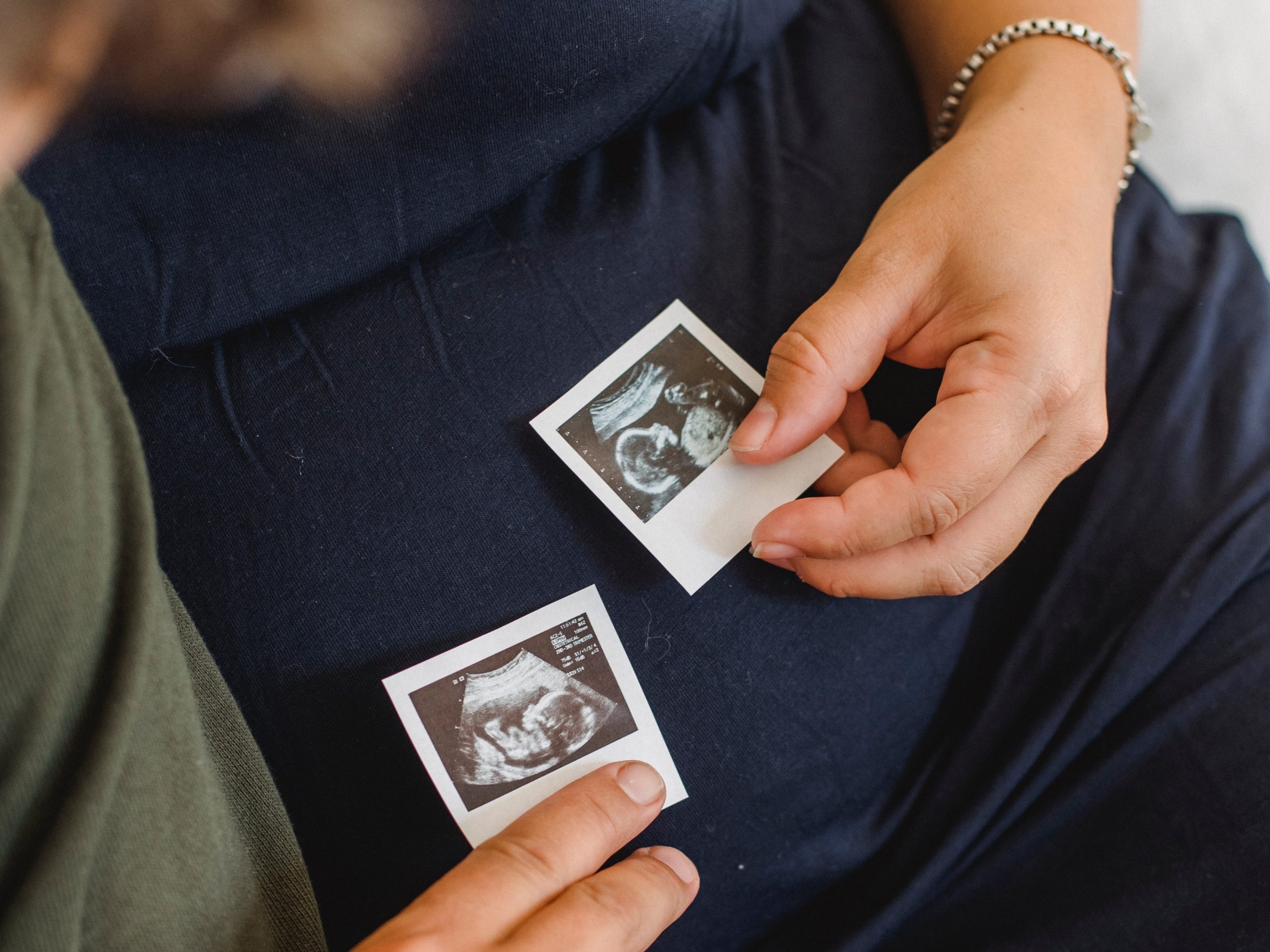
In Hungary, a new rule requires women to listen to the heartbeat of the fetus before having an abortion.Continue reading

Lídia Balogh, a researcher at the Centre for Social Sciences, was interviewed by the Hungarian news site 24.hu on the subject of the heartbeat regulation.
According to Lídia Balogh, the two extremes in the world regarding the legal regulation of abortion is on the one hand a complete ban, even in life-threatening situations, and the availability of abortion up to the moment of birth on the other. She said, however, that in Hungary there are “no relevant extremist views that could put pressure on decision-makers. Since the current political authorities have not felt the social pressure to make any substantive or significant changes to the law for decades, they have not addressed it, but have occasionally made gestures to the liberal or conservative side.”
As an example for such a gesture, Balogh cited the recently adopted Heartbeat Regulation, which is more popular among people with a conservative position. She added that at the same time, Prime Minister Viktor Orbán reassured those with a more liberal point of view by saying that the government was not planning to change the abortion law in any way.

Photo: Mohos Márton / 24.hu
Balogh explained that there was outrage when the protection of fetal life was included in the Constitution in 2011 as a fundamental right, as many feared this could lead to a legitimized restriction of abortion at any time. This is true by definition, however, there had not been a sign of such political will since then, she added.
Moreover, a Fetal Life Protection Act was implemented in 1992, meaning the current regulation is in line with the law and the relevant decisions of the Constitutional Court.
Lídia Balogh furthermore explained that
the new heartbeat regulation was not a legal tightening as it did not restrict access to abortion.
She recalled the 1991 Constitutional Court ruling on the issue of abortion, which “concluded that constitutional principles and the text of the constitution cannot be used to determine when human life begins, when a person becomes a person without rights, so the constitution cannot answer the fundamental questions of abortion, and that this is a task for the parliament of the day – a democratically elected parliament. It must be in the form of a law, rather than the regulation that was in force until then, and the law was enacted in 1992, the details of which and its implementation can, of course, be regulated by decree.”
In her answer to a question regarding whether the heartbeat regulation is a manipulation to put pressure on a woman’s decision, Balogh said that the protection of fetal life has been in the focus since the ’92 law, which also requires two counseling sessions and a three-day reflection period, meaning that influencing the decision was already part of the procedure and is now complemented by the heartbeat element.
Via: 24.hu ; Featured photo: pexels